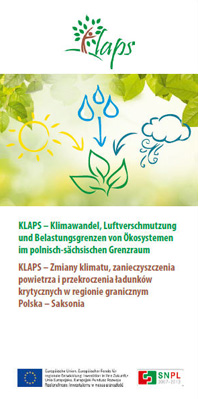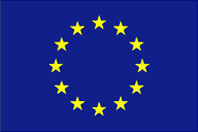-

Climate Change, Air Pollution and Critical Load of Eco Systems in the Polish-Saxon Border Region
-
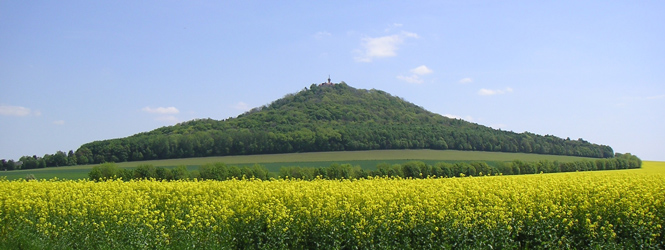
Landeskrone - The local mountain of Görlitz, photo: commons.wikimedia.org/wiki/File:Landeskrone.jpg, licensed by CC BY-SA 3.0
-
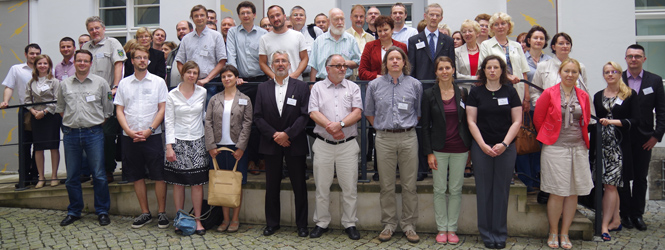
Participants of final conference on 12th June 2014 in Görlitz, photo: Michaela Surke
-
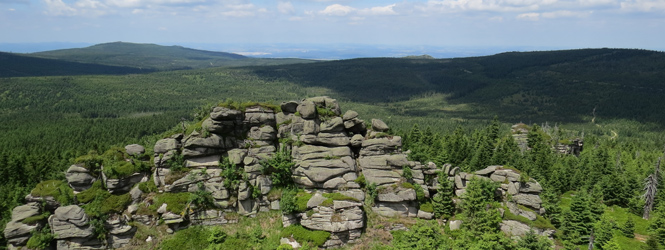
Sudetes – Jizera Mountains, photo: Marek Błaś
Climate Change, Air Pollution and Critical Load of Eco Systems in the Polish-Saxon Border Region
Climate change does not stop at national borders. From this experience, the project KLAPS (Climate change, air pollution and critical load of eco systems in the Polish-Saxon border region) has been launched in the framework of the EU program INTERREG IV A for the Polish-Saxon border region. Within KLAPS, selected cross-border issues in the context of climate change are analysed more in depth. These include questions in particular about transboundary concentration and deposition of air pollutants, supra-regional impacts on environmental load limits and the influence of changing climatic conditions on population, tourism and agriculture.
What is climate?
Climate is the sum of all possible weather conditions at one location, including their typical sequences and their daily and seasonal fluctuations. The climate is influenced not only by processes within the atmosphere, but rather by the interchange of all spheres of the Earth (continents, oceans, atmosphere) and the solar activity.
What are climate projections?
Climate projections provide information about possible trends of future climate conditions. They are an important basis to gain information on impacts of climate change and potential options of adaptation. Climate projections are the result of the application of climate models, which are based on emissions and concentration scenarios. They are differentiated from climate predictions to accentuate that climate projections depend on scenarios based on assumptions, e.g. about future social and technological developments or by changing the energy balance of the Earth by external factors (e.g., greenhouse gases, aerosols, albedo), which only may be realized and therefore are subject to considerable uncertainty.
The project KLAPS as an INTERREG IV A project is financed by the European Regional Development Fund (ERDF). The project runs from August 2012 to December 2014. Project partners are the Saxon State Agency for Environment, Agriculture and Geology (Lead Partner) and on the Polish side, the Department of Climatology and Atmosphere Protection at the University of Wrocław (Uniwersytet Wrocławski, Zakład Klimatologii i Ochrony Atmosfery) and the Institute of Meteorology and Water Management – National Research Institute (Instytut Meteorologii i Gospodarki Wodnej - Państwowy Instytut Badawczy) in Wrocław.




